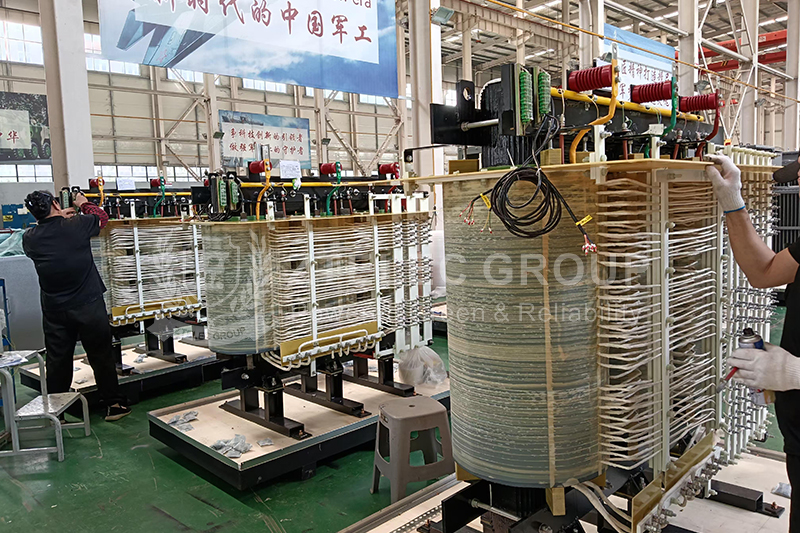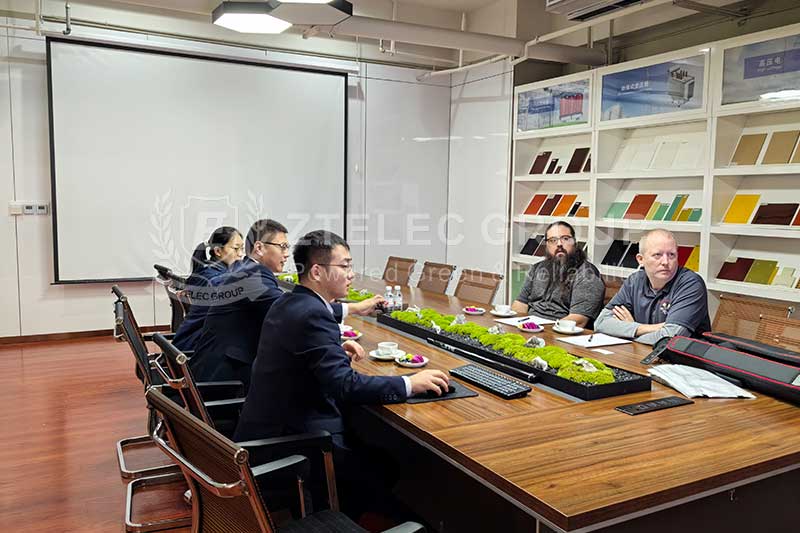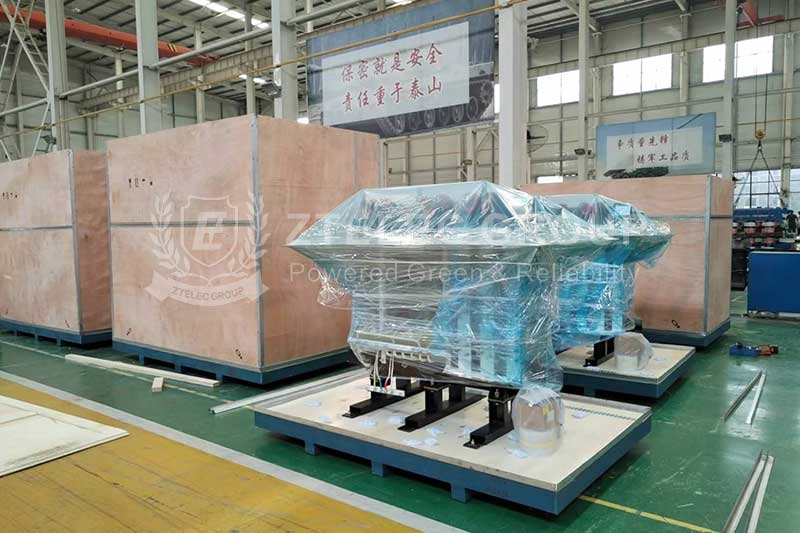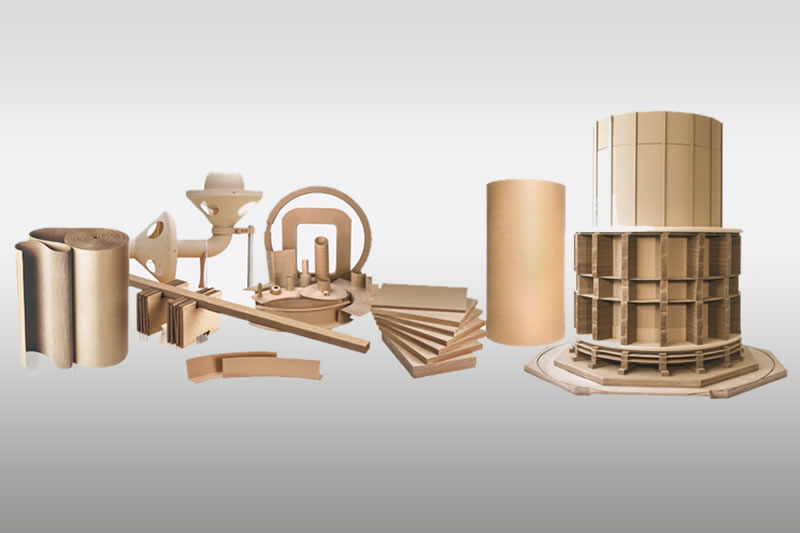What are the differences between phenolic cloth board and phenolic cardboard?
2023-11-21 14:09 | By: ZTELEC-www.ztelecgroup.com | 138click
Many people don’t understand the difference between phenolic cloth board and phenolic cardboard. Today, let’s talk about the difference between this kind of laminated cardboard and cloth board.
Phenolic laminated paper cloth board has high mechanical strength, excellent moisture resistance and heat resistance, good electrical properties (poor cloth board), is easy to process, and is widely used in electrical products. The density of phenolic laminated paper and cloth board is about 1.35g/cm3, which is half lighter than aluminum. It is widely used in aviation and other structures.
Phenolic laminate products have good resistance to chemical corrosion and are resistant to organic solvents, organic acids and alkaline inorganic acids. They are suitable for many chemical equipment and half are not suitable for alkaline media.

Laminated cardboard can withstand sawing, drilling, turning, milling, planing and other processing. There should be no cracks or slag after processing. The thickness is less than 3mm and can be punched. The cold stamped type does not need to be heated. General models need to be preheated. After punching. They are used in insulating parts for high and low voltage electrical appliances and electronic industries respectively.
The processing performance of laminated cloth is better than that of cardboard and glass cloth, and its bonding strength and impact strength are higher than that of cardboard. However, it is highly water-absorbent. After absorbing moisture, its electrical insulation decreases and it is easy to grow mold. It is not suitable for use in mixed-heat areas. Therefore, it is generally used as insulating structural parts of low-voltage motors and appliances, such as washers, wedges, screws, etc. There are many types of glass cloth boards, and their properties also vary with different adhesive resins. Compared with other laminates, glass cloth boards have higher mechanical strength and heat resistance. Under high temperature, they are resistant to bending and Although the tensile and impact strength are reduced, they are higher than those of plastic board and tape board.
Melamine glass cloth board has high strength, arc resistance and flame resistance, and is especially suitable for marine electrical appliances. Epoxy phenolic glass cloth, silicone epoxy glass cloth, diphenyl ether glass cloth, polyimide glass cloth, etc. have good dielectric properties, as well as high heat resistance and flame resistance, so they are An excellent dielectric insulating material. Among them, the epoxy phenolic glass cloth board with the largest output and the widest application is.

Glass cloth panels are widely used in electrical, construction, chemical, electronics, aircraft and aerospace, automobile, electric locomotive and shipbuilding industries due to their excellent performance in many aspects.
The hardness of the glass cloth board is higher than that of the paper cloth board. It is easy to wear the tools during processing and generates a lot of heat. It needs to be processed with carbide tools or silicon carbide grinding wheels. After processing, it generally needs to be painted to make the processed surface moisture-proof.
tags:insulation failure transformertransformer short circuittransformer overheatingtransformer overloadtransformer maintenance
- more+releated article
- 2026-01-04Common Power Transformer Faults: Causes, Solut
- 2025-12-312026 New Year Holiday Notice
- 2025-12-31Operation, Maintenance, and Service Life Manag
- 2025-12-30How to Select a 100 kVA–500 kVA Distribution
- 2025-12-29The Impact of NHN NMN Composite Insulation on
- 2025-12-26Practical Application of GPO-3 Insulation Boar
- 2025-12-2510kV Transformer Replacement Timeline: Install
- 2025-12-25Low Smoke EN45545 GPO3 UPGM203 Laminated Board
- 2025-12-24Merry Christmas — ZTelecgroup Christmas Cele
- 2025-12-24How to Select a Suitable 50kVA–500kVA Distri





